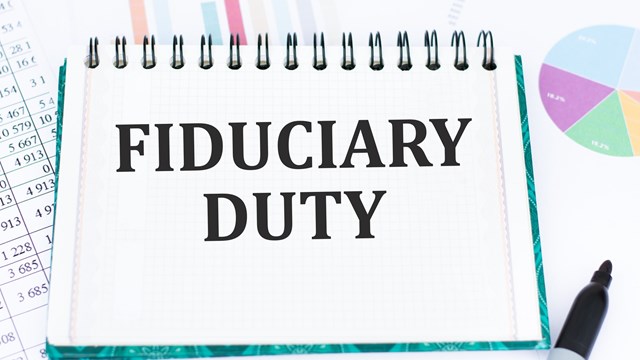
Q. When we had our annual owners’ meeting in November, there was one trustee position up for election and one candidate for the position. I have asked the trustees and property manager to confirm the percentage of beneficial interest represented at the meeting and the percent voting for trustee — that is, did we reach quorum (51% or more of beneficial interest required by our condo docs), and did the candidate achieve 51% of the beneficial interest required by our condo docs? Neither the trustees nor the property manager respond to my emails. I have also called the property manager and he does not return my phone calls. I encountered the Chair in the common area and tried to speak with him, but he ignored me and drove away.
Also, our condo docs require a draft of the minutes of the owners’ meeting be sent to owners for approval at the next owners’ meeting. It is standard operating procedure (SOP) for the draft to be sent to owners no later than two months following the meeting. It is also SOP for the minutes to include names of attendees and those who proxied (to support achieving quorum) as well as the percent of beneficial interest voting for each candidate. The trustees have not distributed the draft.
By the way, we have had at least one instance in which the property manager claimed we had quorum when we didn’t. Only when the draft minutes were sent was it determined we did not have 51% or more.
Obviously, I'm frustrated. Do you have any suggestions?
—Concerned Owner
A. “Lack of communication from a board, especially regarding the process for election of trustees and the results of that election, can be frustrating for unit owners,” says Christopher Malloy, Partner in Moriarty Troyer & Malloy LLC, a law firm with offices in Boston and Braintree, Massachusetts. “While it may have been standard for previous boards to circulate drafts of meeting minutes within a specific time period after an annual meeting, it sounds as though your documents only require that they be presented to the unit owners for approval at or before the next meeting. If that is the case, the board has not technically violated the governing documents of the condominium by failing to circulate the minutes within a specific time frame.
“If you continue to meet resistance from the board and the association’s property manager, it would be wise to submit a written request to inspect the association’s books and records at the office of the association or its manager. Most condominium documents require a majority of the board to sign an instrument, often times along with the newly elected trustees (who certify that they accept their election and agree to become trustees), certifying that the required votes were taken and that the trustees were in fact elected in accordance with the condominium documents, which is then recorded with the Registry of Deeds in county where the condominium is situated. In order to make this certification the association should maintain documents which contain the related information which would hopefully satisfy your concerns. Also, if other unit owners share your concerns about the propriety of the election, or the election procedure, you should ask them to join in your written request.
“Condominium boards do not operate with unfettered or unchecked authority, and unit owners should be able to obtain information regarding the manner in which trustees were elected in cooperative fashion. In the instance in which a board is less than forthcoming with certain information, a written request along the lines of the above should address the issues, or at least raise a flag with the board that it should consult its counsel regarding the issue.”









Leave a Comment